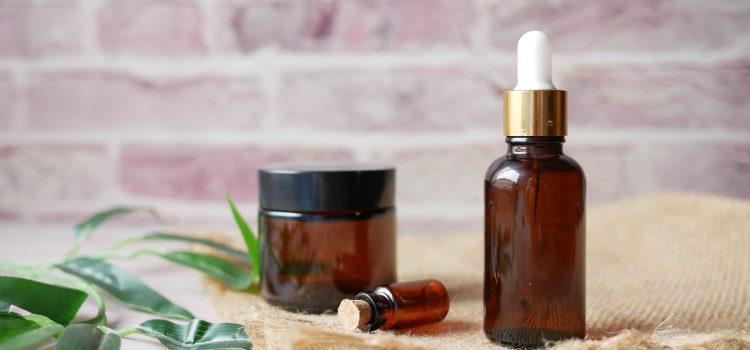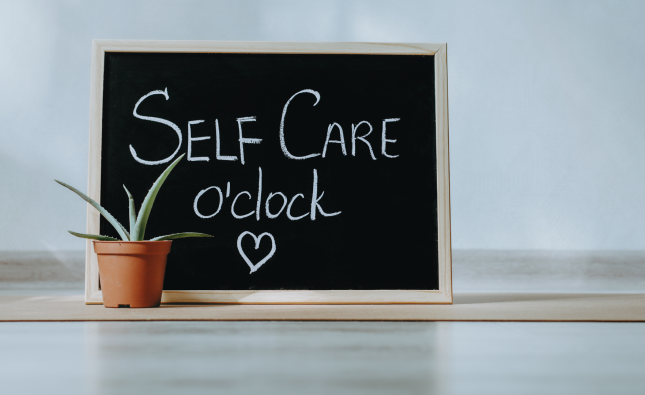
Essential oils have gained a lot of popularity in recent years as a natural and holistic approach to wellness. From relieving stress to promoting better sleep, the benefits of using essential oils seem endless. However, while these fragrant oils can be incredibly beneficial when used correctly, there is also a dark side to them that many people are unaware of – they could be damaging your skin! In this blog post, we’ll explore the different types of essential oils, their benefits, as well as how they could potentially harm your skin. We’ll also provide you with some tips on how to use these oils safely so you can continue enjoying their benefits without any negative effects on your skin!
The Different Types of Essential Oils
Essential oils are concentrated plant extracts that have been used for centuries to promote physical and emotional well-being. There are many different types of essential oils, each with their own unique properties and uses.
Some of the most popular essential oils include lavender, peppermint, eucalyptus, tea tree, rosemary, and lemon. Lavender is known for its calming qualities and can help reduce stress and anxiety. Peppermint is often used to relieve headaches or nausea. Eucalyptus has a cooling effect on the skin and can help improve respiratory function.
Tea tree oil is commonly used in skincare products due to its antibacterial properties which make it effective against acne-prone skin. Rosemary oil is believed to stimulate hair growth thanks to its ability to increase blood circulation in the scalp area.
Lemon oil can be useful as a natural disinfectant around your home or office since it has antiviral properties that make it effective against germs.
Each type of essential oil offers unique benefits depending on how you use them – whether through inhalation or topical application – so understanding these differences will enable you to use them effectively!
The Benefits of Essential Oils
Essential oils have been used for centuries to promote relaxation, improve mood and soothe the body. These highly concentrated plant extracts are derived from various parts of plants, including leaves, flowers, bark and roots.
One of the major benefits of essential oils is their ability to reduce stress and anxiety. Aromatherapy with essential oils like lavender or chamomile can calm your mind, ease tension and create a peaceful atmosphere.
In addition to promoting relaxation, some essential oils have antiseptic properties that make them useful in treating minor skin irritations like bug bites or burns. Tea tree oil is a popular choice for its antibacterial properties that help fight acne-causing bacteria on the skin.
Essential oils can also be used as natural alternatives to traditional cleaning products. Oils like lemon or peppermint possess powerful antimicrobial properties that make them effective in killing germs while leaving behind a fresh scent.
Other benefits of essential oils include their ability to boost immunity, aid digestion and even alleviate headaches when used topically or through aromatherapy.
Incorporating essential oils into your daily routine can provide numerous health benefits both physically and mentally. However, it’s important to use caution when using these potent substances as they may cause adverse reactions if not properly diluted or applied correctly.
The Dark Side of Essential Oils
Essential oils have gained immense popularity in recent years for their therapeutic benefits. However, despite their natural origin, they can also have a dark side when used improperly or without proper guidance.
One of the biggest risks associated with essential oils is skin irritation and sensitivity. Essential oils are highly concentrated plant extracts that can cause intense reactions when applied directly to the skin or used in high concentrations. Some common symptoms of skin irritation caused by essential oils include redness, itching, burning sensation, and rashes.
Another danger associated with essential oils is photosensitivity. Certain types of essences like bergamot and grapefruit contain compounds that react negatively when exposed to sunlight or ultraviolet rays. This can lead to severe sunburns and other forms of photo damage if these oils are applied topically before exposure to the sun.
Essential oil ingestion is another risk factor that should be avoided at all costs as it can lead to serious health complications such as liver damage or respiratory distress.
It’s important to note that not all essential oil products sold in the market are pure or safe for use. Adulterated products may contain synthetic chemicals which could cause harm rather than providing any benefit.
Therefore, it’s crucial always to use high-quality products from reputable brands while following instructions on dilution ratios carefully. It’s recommended first testing out an essence by doing a patch test on your arm before using it freely elsewhere on your body.
How to Use Essential Oils Safely
Using essential oils can be a great way to benefit both your physical and mental health. However, it’s important to use them safely in order to avoid any adverse reactions or damage to your skin.
Firstly, always dilute your essential oils before applying them topically. Essential oils are highly concentrated and can cause irritation if not properly diluted with a carrier oil such as coconut or jojoba oil.
Secondly, do a patch test before using an essential oil for the first time. Apply a small amount of diluted oil on the inside of your wrist and wait 24 hours to see if there is any reaction.
Thirdly, never apply undiluted essential oils directly onto your skin, especially sensitive areas like around the eyes or mucous membranes.
Fourthly, avoid using certain types of essential oils during pregnancy or while breastfeeding as they may have harmful effects on the baby.
Make sure you’re purchasing high-quality essential oils from reputable sources. Cheaper options may contain synthetic ingredients that can cause adverse reactions and damage to the skin.
By following these tips for safe usage of essential oils you’ll be able to enjoy their many benefits without putting yourself at risk of harm.
Conclusion
While essential oils offer numerous benefits for our overall health and well-being, it’s important to recognize the potential risks they pose when not used properly. With their increasing popularity in skincare routines, it’s crucial to remember that not all essential oils are safe for topical use and can cause harm if applied undiluted or in excessive amounts.
To ensure you’re using essential oils safely, always do your research beforehand and purchase from reputable sources. Dilute them properly before applying them topically and perform a patch test on your skin first. If at any point you experience irritation or adverse reactions, immediately discontinue use.
By taking these precautions and practicing mindfulness with the use of essential oils, we can reap their wonderful benefits without putting ourselves at risk of damaging our skin. Remember to always prioritize safety over trendiness when incorporating new products into your skincare routine!










